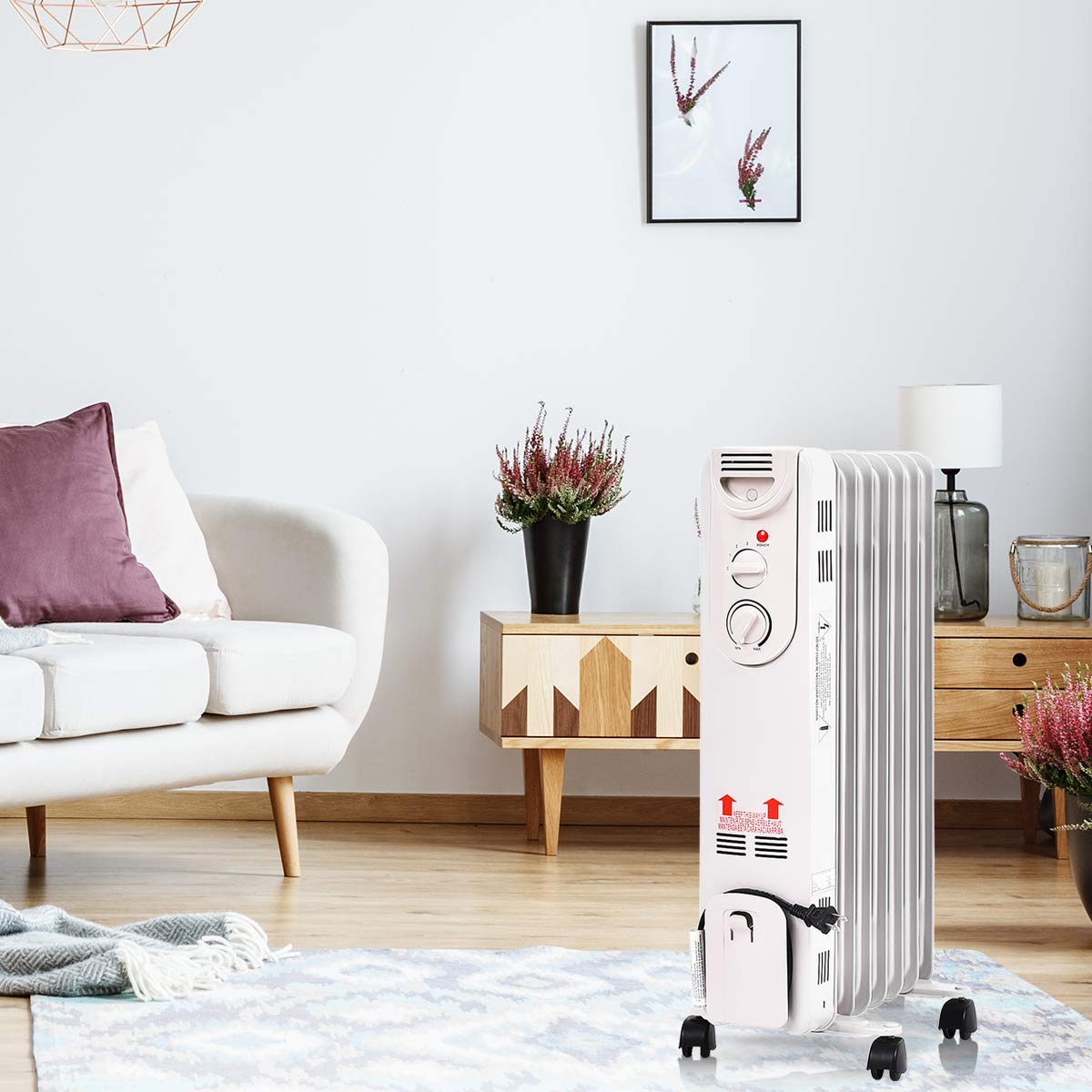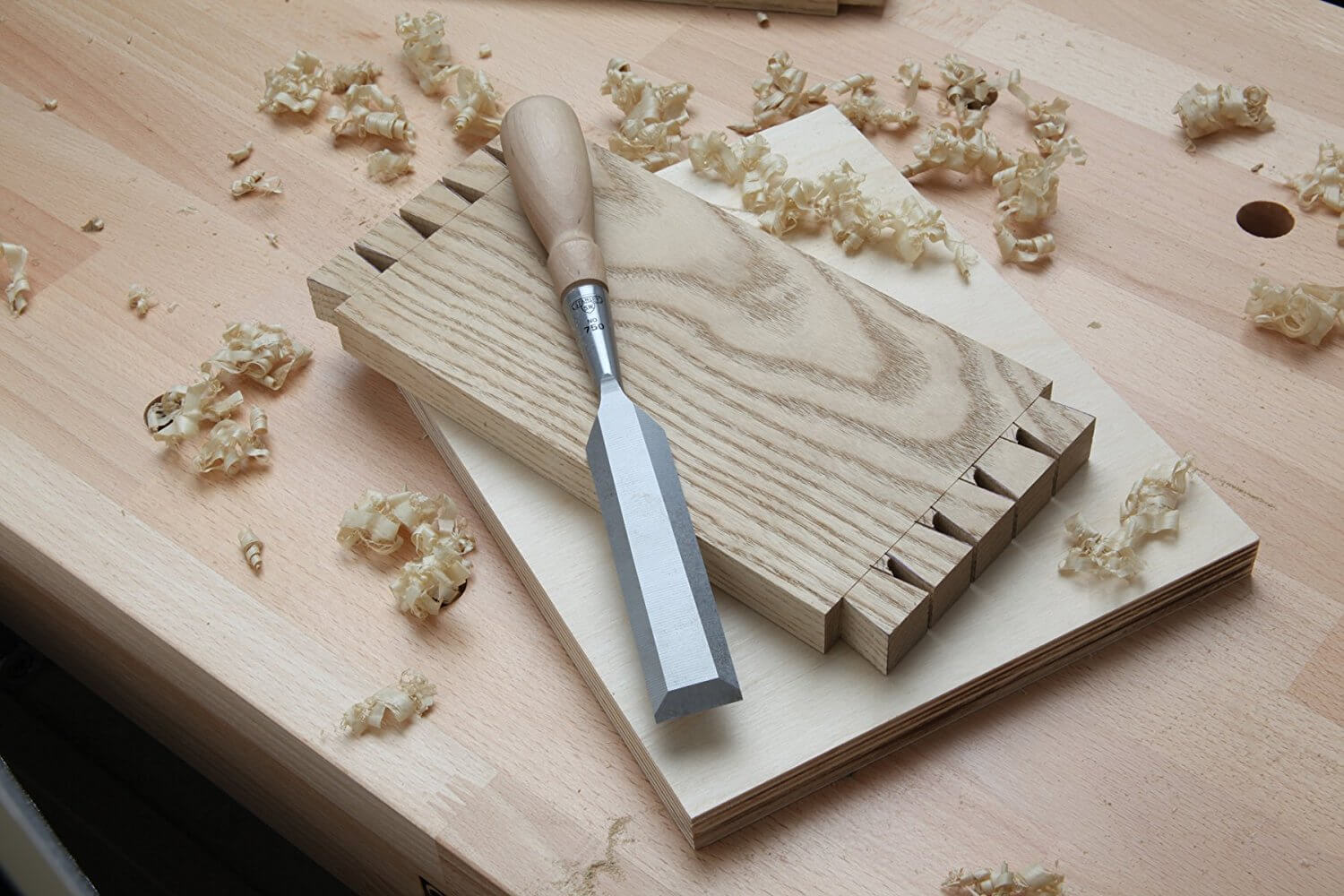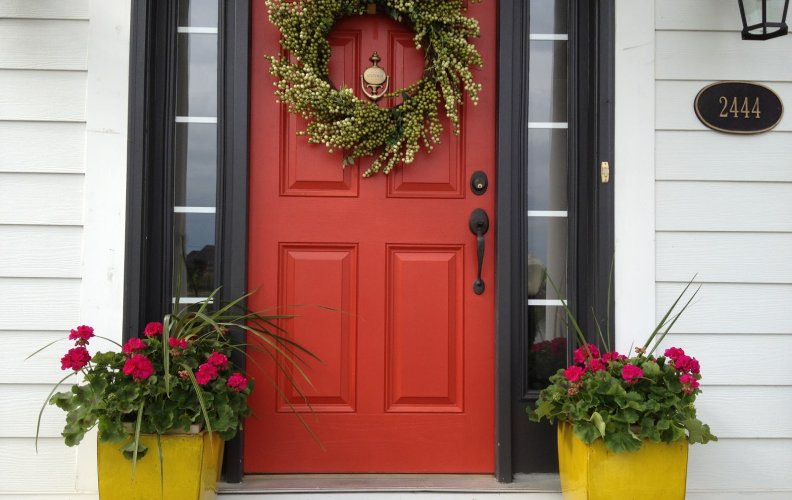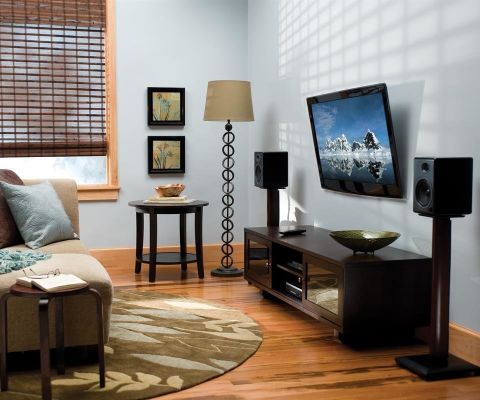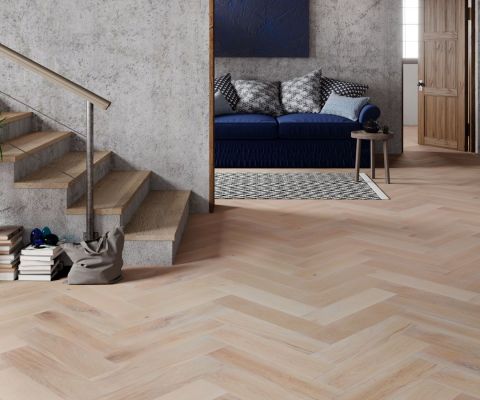- No Obligations
- Stop Paying Too Much For Your Contractor
- No Spam Calling
- Screened & ID Checked Contractors only!
Bedroom Plants That Improve Sleep
0
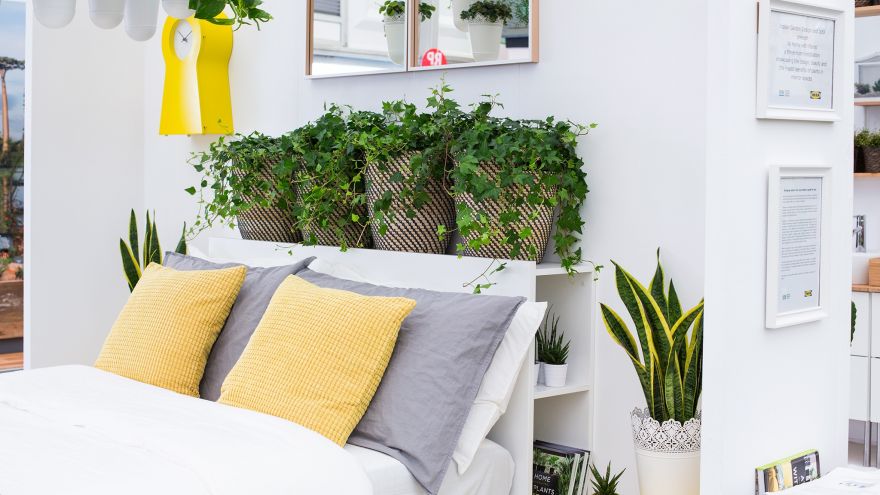 Bedroom Plants That Improve Sleep
earlyexperts.net
Bedroom Plants That Improve Sleep
earlyexperts.net
There is so little that we actually know about the science of sleep. In part, this is because in order to study sleep, subjects must be…well…sleeping- a difficult state to achieve when you are wrapped up in wires and sensors.
Despite this lack of knowledge for what actually takes place during our own human rebooting process, science has discovered best practices for powering down around bedtime hours.
From herbal teas to weaning off of blue light emitted from our cell phone and tablet screens, there are a ton of widely known measures you can take to facilitate good sleep and a productive morning. The common theme running through all of them is a focus on scaling back our fast paced, high tech lives to a more natural and primitive way of life.
One of the lesser known of these methods is probably also the most natural: the plants we keep in and around our homes.
One of the earliest studies examining the effect of houseplants on wellness, specifically with respect to sleep, were those conducted by NASA and the Journal of Physiological ANthropology in the late 80’s. Through these studies, it was shown certain plants can purify the air and reduce stress, both of the mind and the body.
It was only later that the key connection was made between the aforementioned effects and sleep. These days, however, we do just about anything we can to ensure that the air in our bedrooms is as clean and pure as possible, that our anxieties are lowered, and that we experience and overall sense of calm.
Here are the ten best plants that do exactly this. Breathe in their fragrances around sleep time hours for a restful tonight and an even better tomorrow.
English Ivy
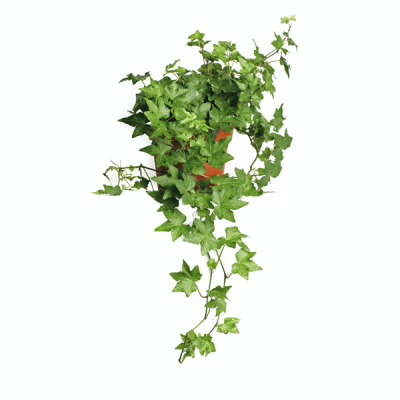
English Ivy is one of the best of the bunch for air purification. Keep it in your room for deep, clean breathing all night long. The plant has not only been proven to cleanse stuffy, indoor air, but it also thrives in low light and low temperatures.
This makes it perfect for the inside of your home all year long, not to mention, the climbing plant adds a beautiful natural aesthetic to your home decor.
Chinese Evergreens
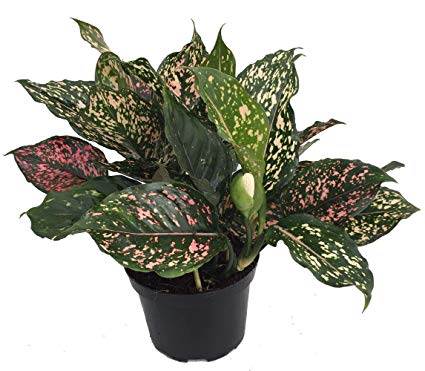
Chinese Evergreen was the main variable in the Journal for Physiological Anthropology. In the study, the plant was found to filter indoor pollutants. Place it near your open bedroom window in those spring months, when the outdoors are fraught with allergens, and have no fear of what might be blowing through while you sleep.
Snake Plant
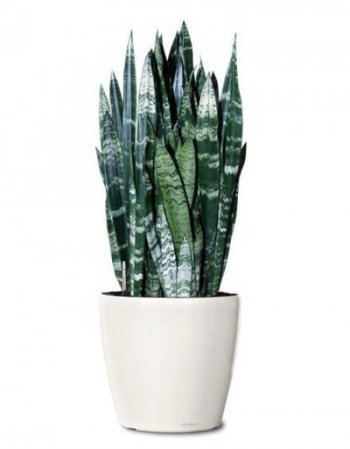
Snake plants are great indoors or outdoors, and are a great contender for air purification regardless of the location. The snake plant focuses its clean energy on disarming potentially hazardous chemicals.
Think of it as mother nature’s carbon monoxide detector. It’s also super low maintenance, requiring little care for long survival.
Peace Lily
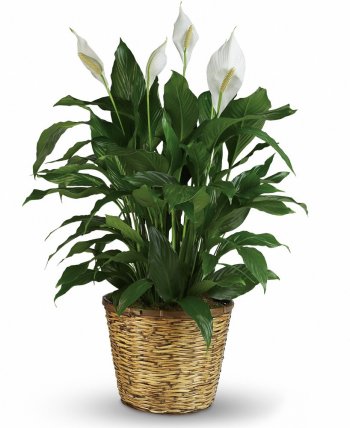
Peace Lily is dual purpose sleep aid. Not only does it purify the air, but it also casts a light moisture that can help when the weather outside demands that you blast the heat in your home.
These do well in shaded areas, where a few hours of sunlight sneak in throughout the day.
Chrysanthemum
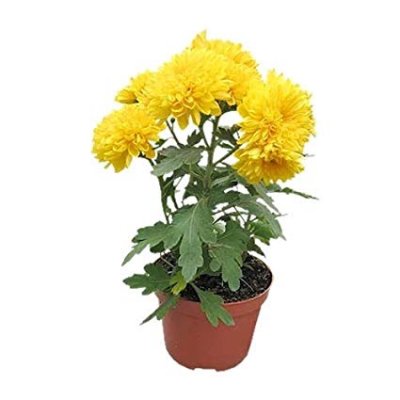
NASA, the foremost guinea pig on all the best technology and science findings, love chrysanthemum for its ability to omit clean oxygen.
This is one of the best plants for the bedroom specifically because it needs little to no light to survive. This means you can pull those light cancelling shades tight and never worry about your plants dying.
Valerian
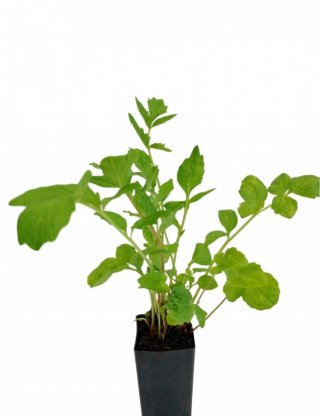
Valerian is can be purchased as an herb or in full shrub form. It is often condensed and used in sleep aid supplements, thought the verdict is still out on its true effect in this realm. Still, some anecdotal research reveals Valerian’s ability to help insomniacs get their rest. Simply inhaling the herb can facilitate longer, better quality sleep.
Lavender
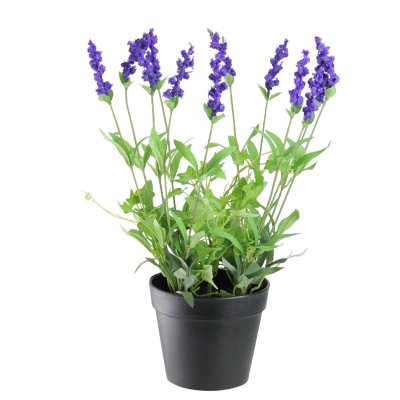
Lavender is a vague term that encapsulates many varieties of plant that fall under the name. There have been a ton of single blind randomized studies on lavender in aromatherapies. All have shown an overall improvement in sleep quality. Throughout the studies, mean scores of sleep quality in healthy adults, and those suffering from heart disease and insomnia raised dramatically. You can also ingest lavender oils for a more concentrated dose of sleep aid. The oils have also been shown to reduce feelings of anxiety, which many people with sleep disorders blame as the catalyst for their restlessness.
Chamomile

We have all tried some sort of herbal tea for restfulness at some point. Likely all of them have chamomile jotted somewhere on the ingredients list. When the herb is dried, terpenoids and flavonoids are present. Both have medicinal properties, and thus, chamomile has been used throughout history to treat myriad ailments, including insomnia.
As an aqueous extract, the herb is also reported to calm nerves, reduce stress and anxiety, quell night mares, and more.
California Poppy
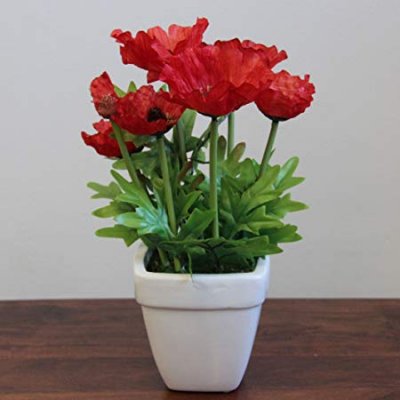
California poppy is a wildflower that is often dried and powdered. In this form, it has calming effects that can ease nerves and general anxieties. A recent study by the European Medicines Agency linked the flower to sleep quality and time at sleep.
Aloe Vera
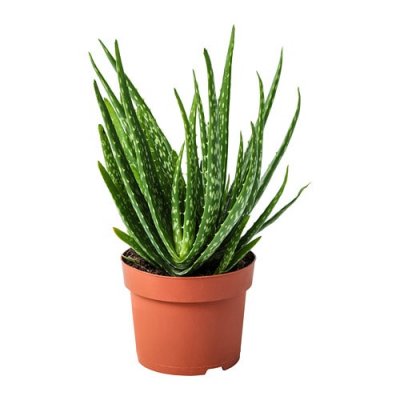
Aloe Vera is the old cure-all plant. In addition to its use as a topical agent for skin repairs, in rat studies, it has mimicked the effects of a sedative. Some studies even describe its effects as hypnotic. When actual humans were tested, many reported sleep quality improvements of nearly 100 percent.




